Chimp Orphan Rejoices When Greeted with Hugs
The News
When Leo was kidnapped from the forest of Liberia, the confused and traumatized baby chimp had no way of knowing whether or not he would ever see members of his own species again. That uncertainty might explain why he beamed with joy as other young chimps greeted him with hugs upon his arrival at Liberia Chimpanzee Rescue & Protection (LCRP), a chimp sanctuary in the West African country.
“Watching the our juvenile chimp group embrace Leo with so much affection was a feast for the eyes” said Jenny Desmond, the founder of LCRP. “Moments like this serve as an important reminder of why we moved to Liberia in 2015 and why we are moving mountains to transfer all 40 of the orphans in our care to a permanent sanctuary in the forest.”
The chimpanzee orphans at LCRP’s sanctuary are victims of the bushmeat and illegal pet trade. In every case, poachers killed their mothers in the forest and sold – or attempted to sell – them to private individuals as pets or to zoos. While many chimps are never rescued, about 20 are confiscated by LCRP staff or wildlife authorities each year and brought to the sanctuary where they receive around the clock care from surrogate parents until they can be fully integrated into a chimpanzee group.
In spite of government efforts to curb chimpanzee hunting and trafficking, poachers continue to kill adult chimpanzees for bushmeat and sell their children on the black market. Part of LCRP’s mission is to increase penalties so that poachers stay out of the forests, thus allowing Liberia’s remaining wild chimpanzee population to live safely in their natural habitat. In the meantime, LCRP will continue to adopt orphaned chimpanzees and provide them with lifelong care.
At the moment, LCRP’s 40 chimpanzees are living in substandard enclosures on government property in a heavily populated village. In 2018, Jenny and Jim Desmond, the founders of LCRP, leased a tract of land in the forest on which to build a sanctuary from the ground up. Now they are working to raise $3 million for the build out.
“For their safety and well-being, we have to move these chimps out of these enclosures and into a forest setting so that they can live away from the public and in as natural a setting as possible,” said Ms. Desmond. “In order to break ground, we have to raise an additional $500,000 dollars. If you have the means, please make a contribution.”
Filed under: WIldlife
Tagged with: chimpanzees, chimps



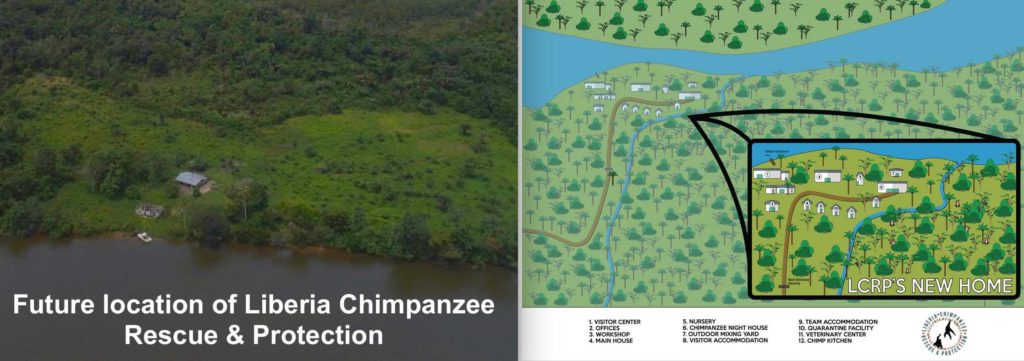
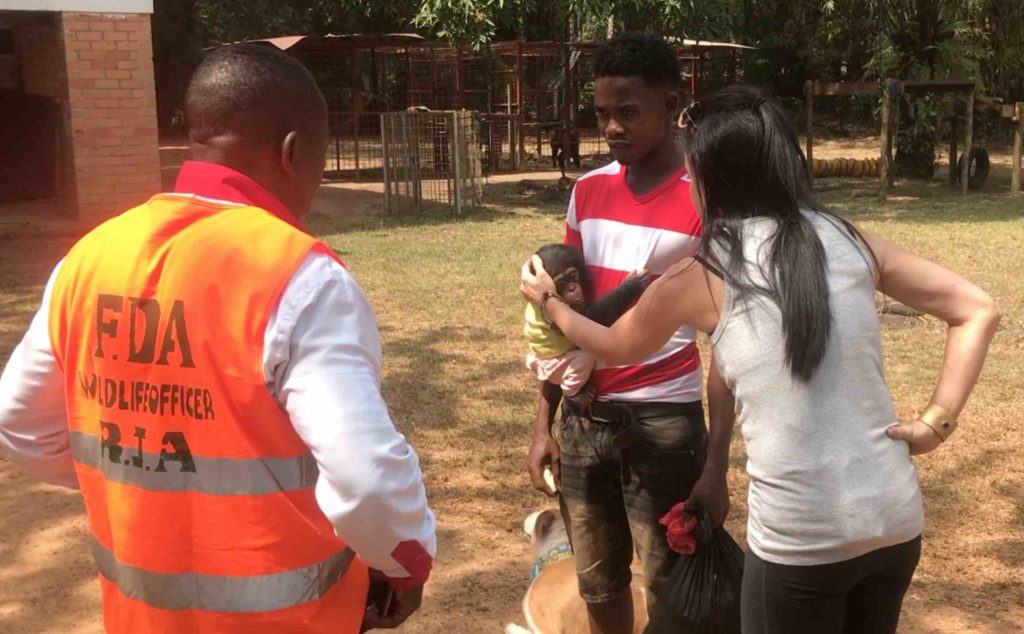
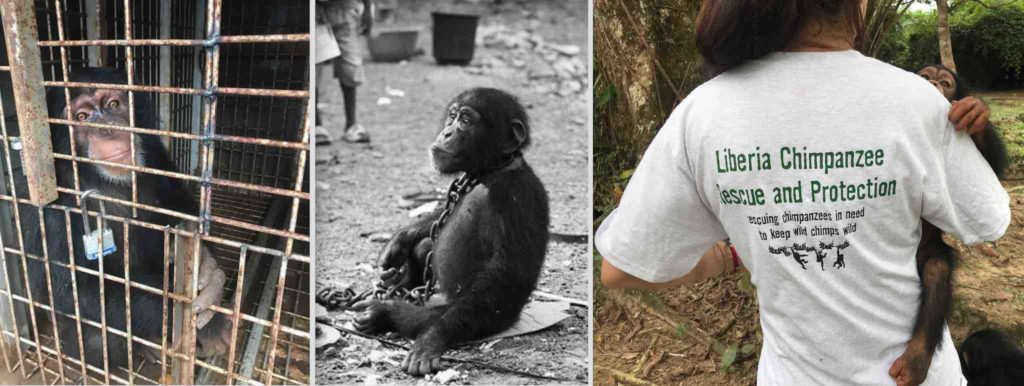
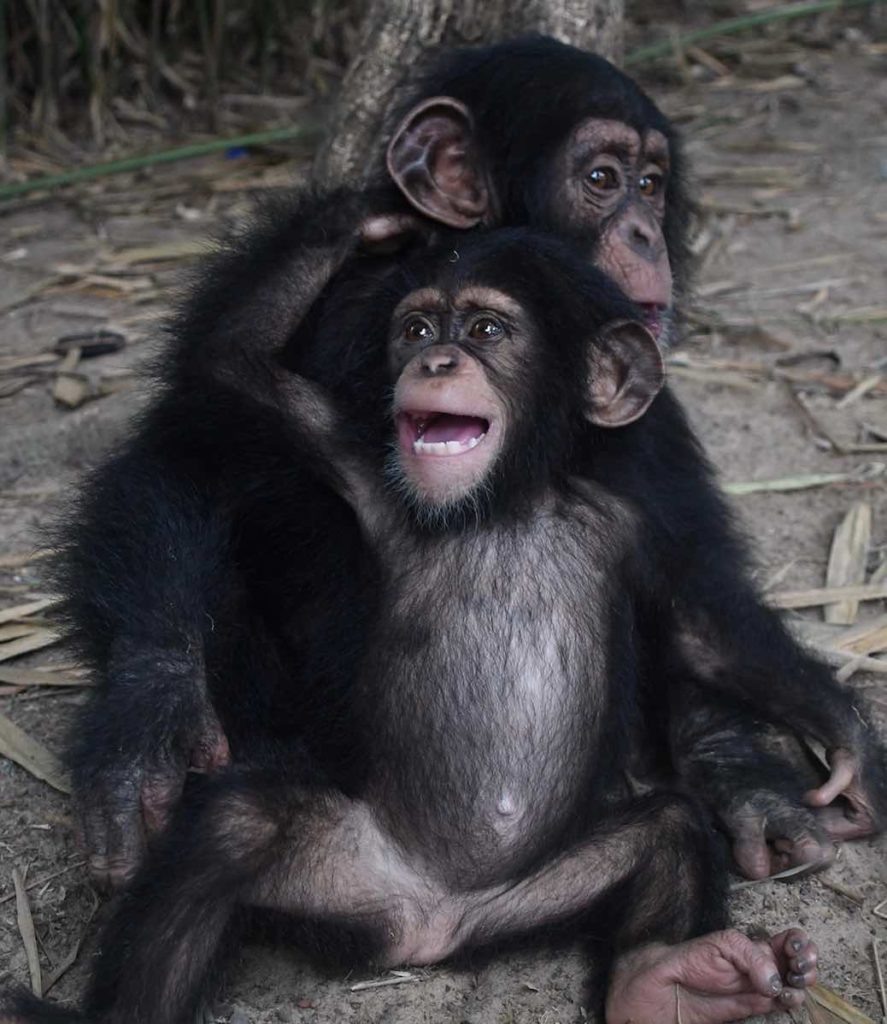
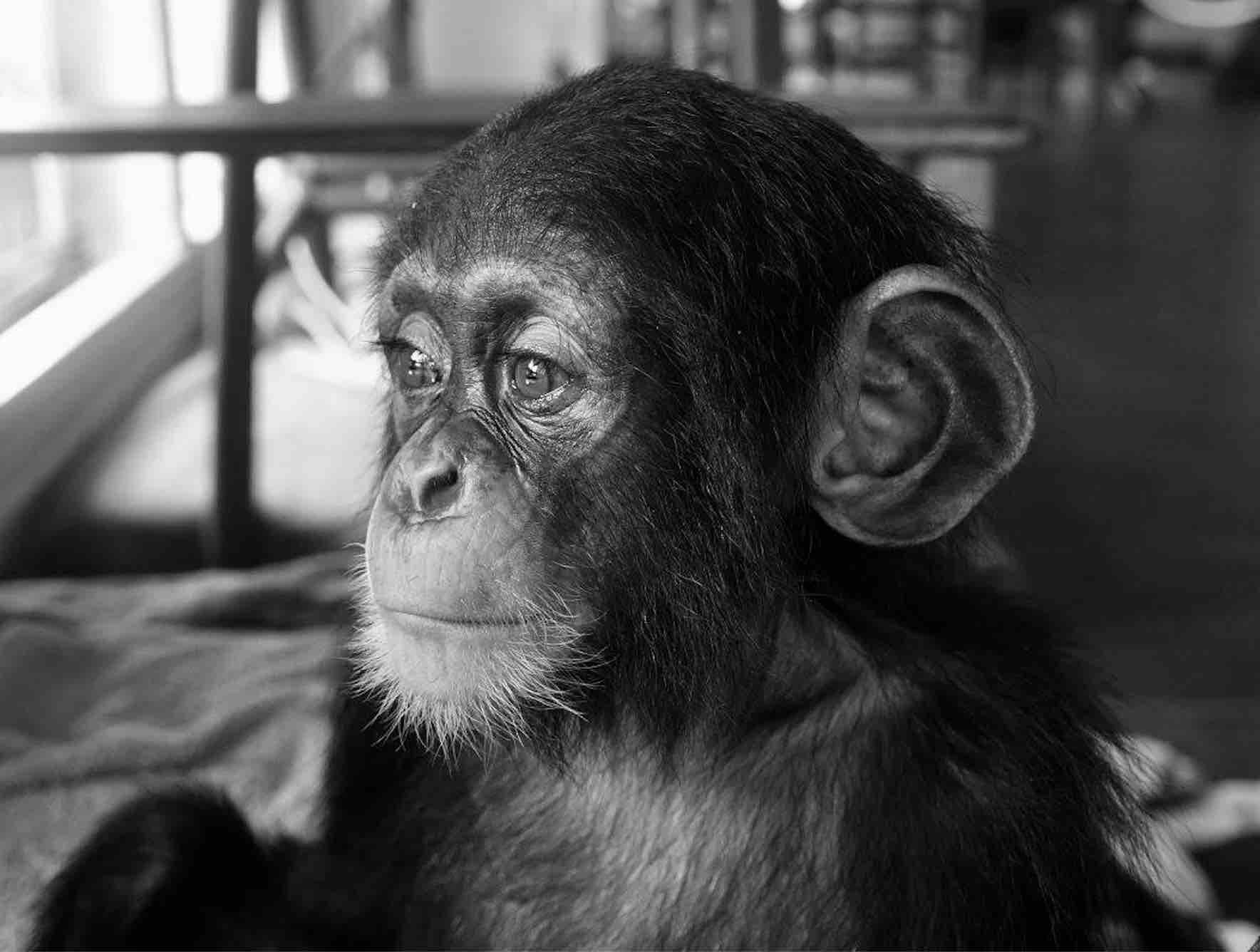
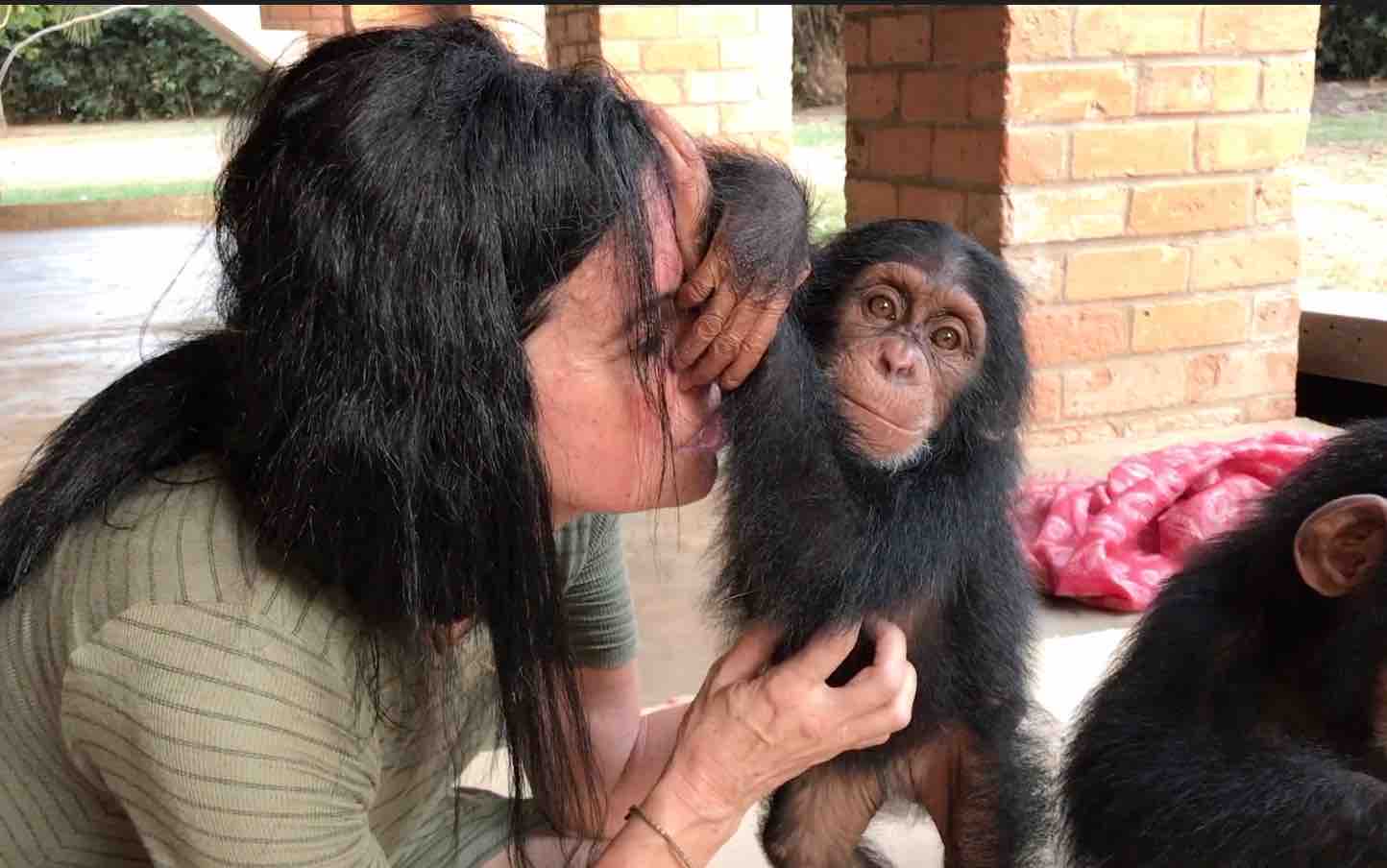
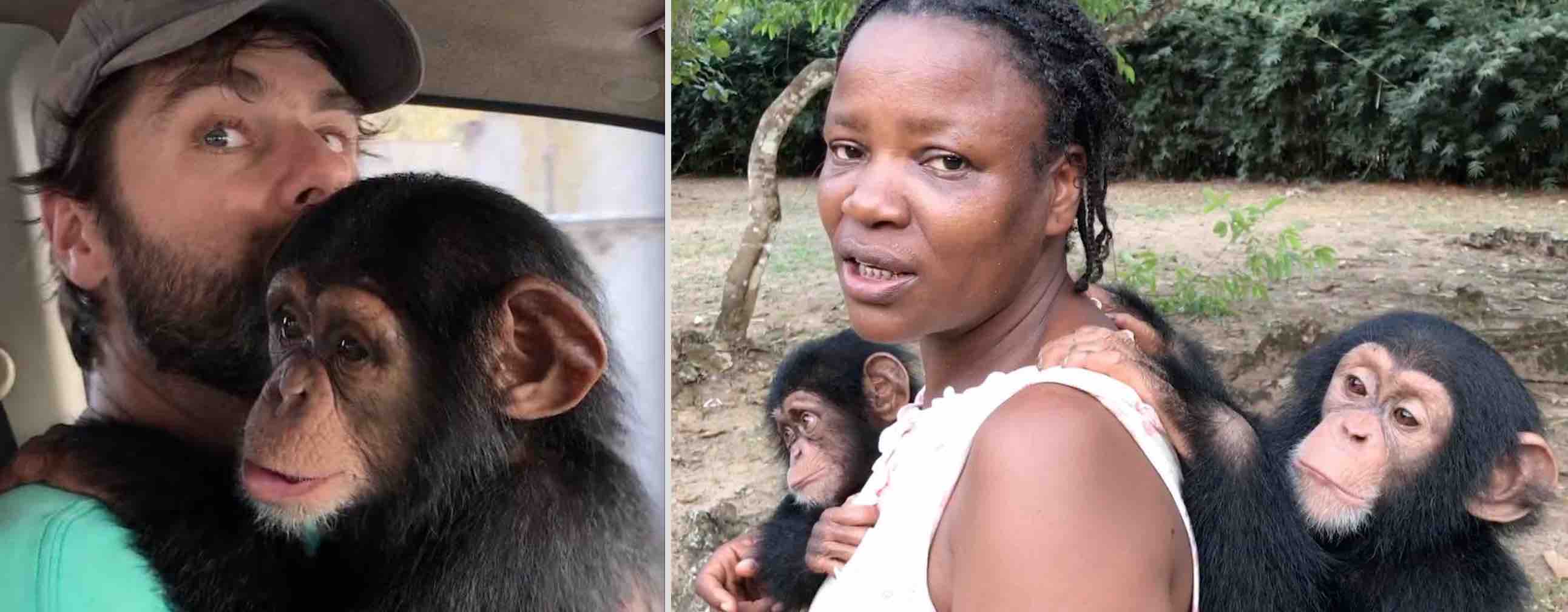
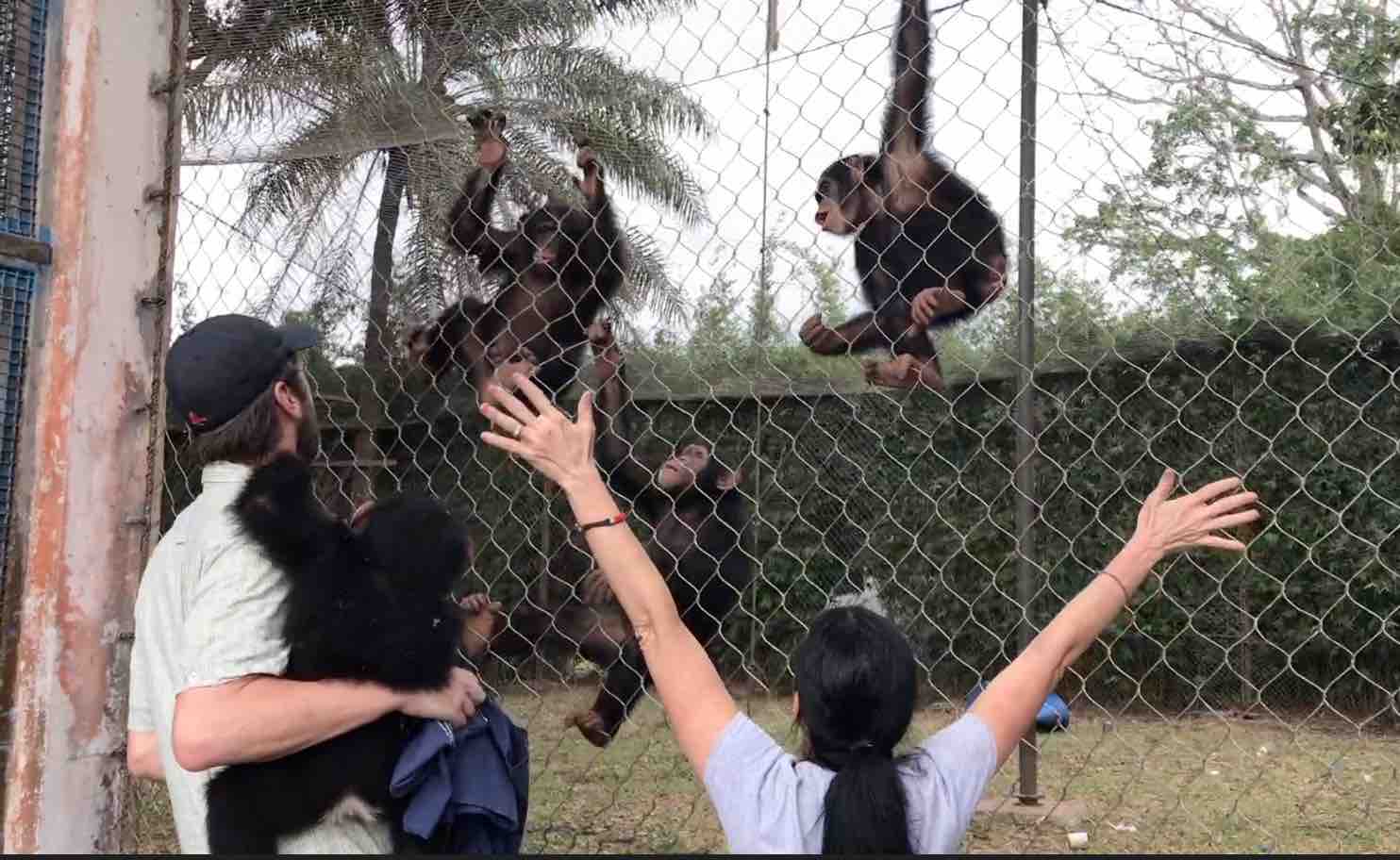
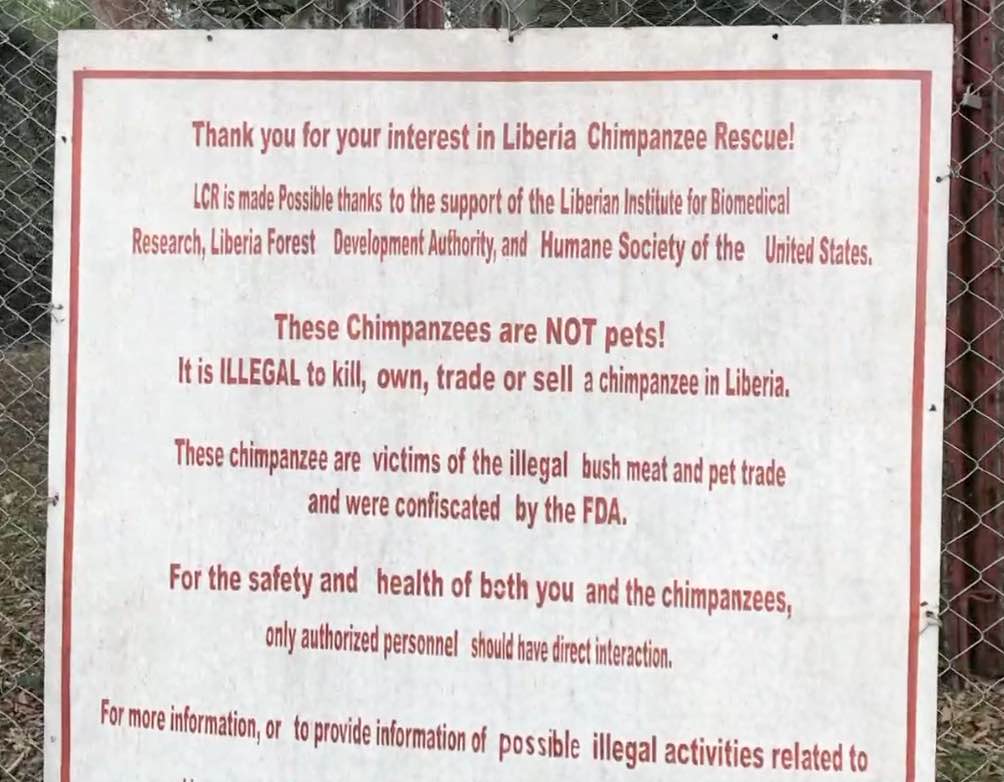
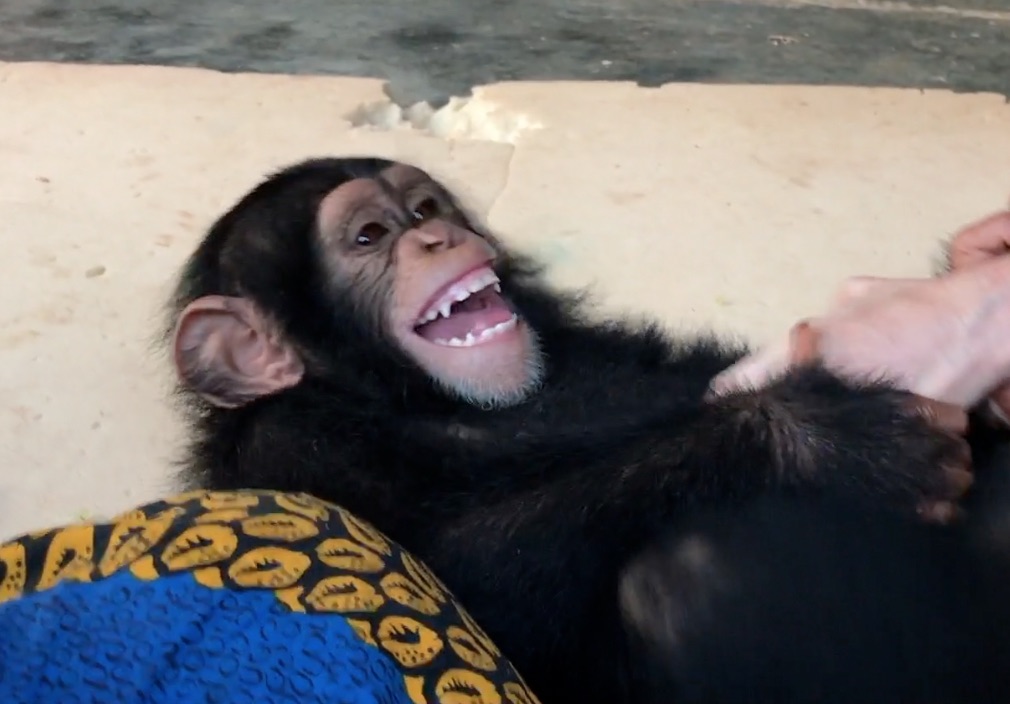
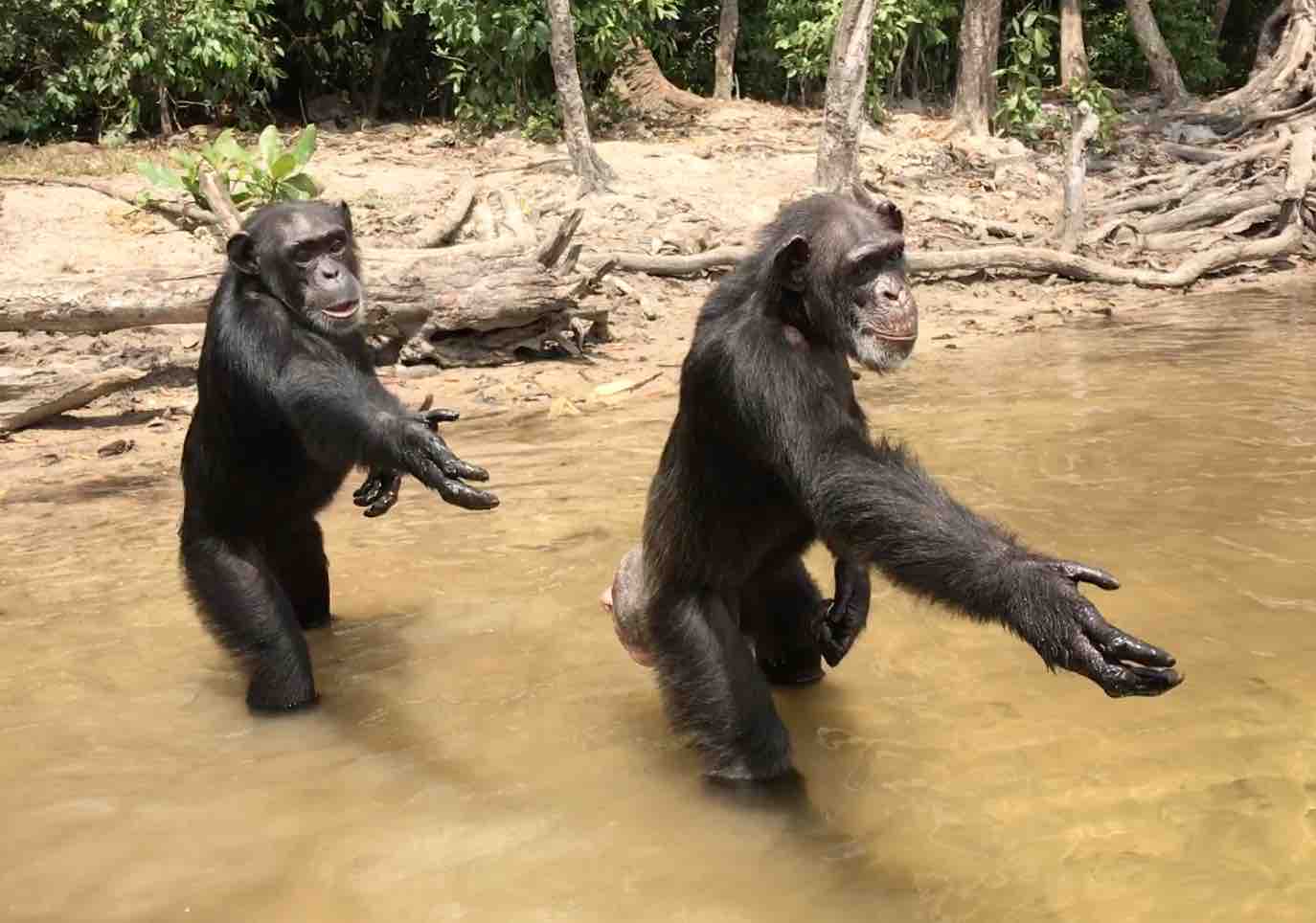
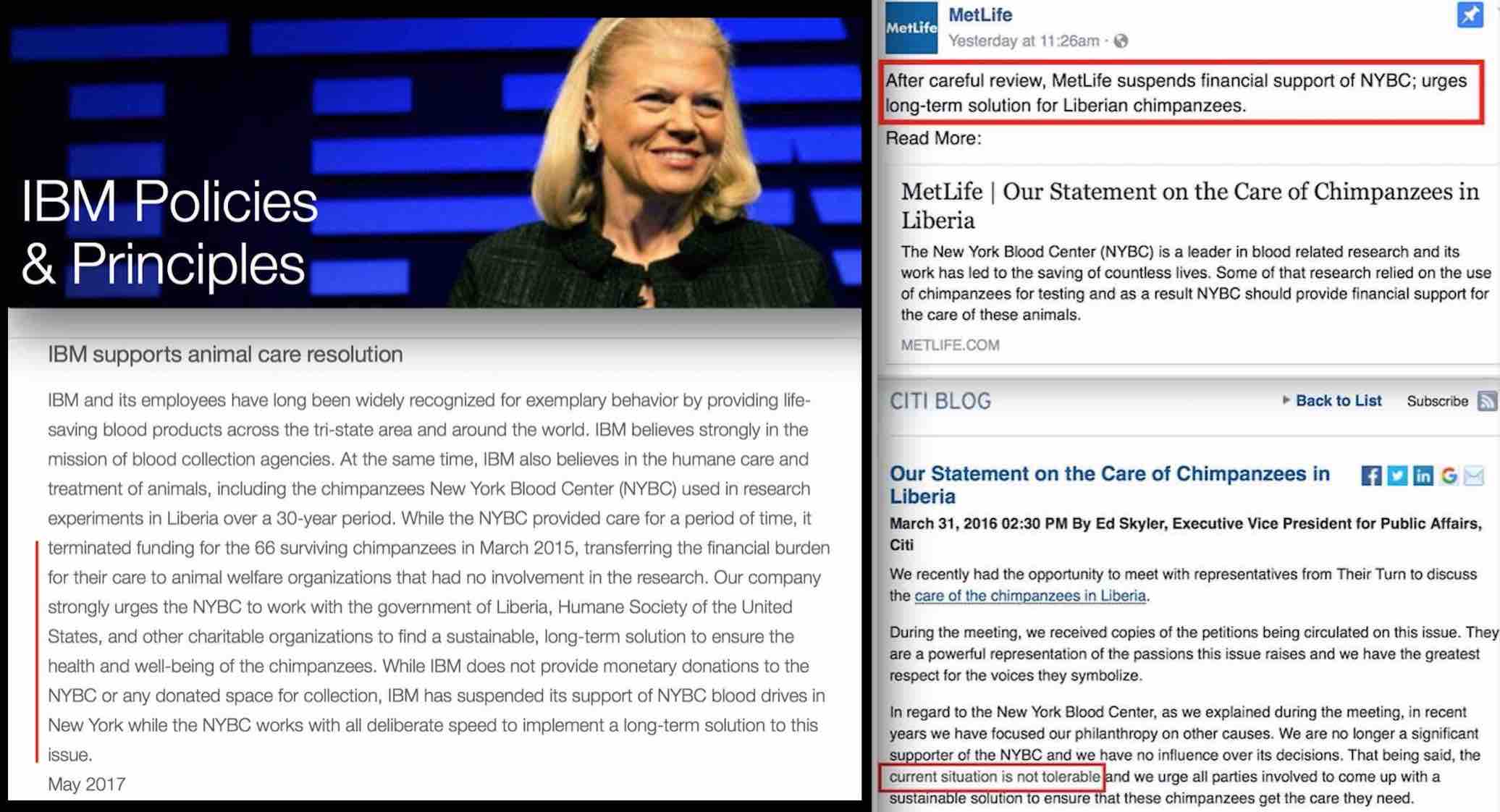
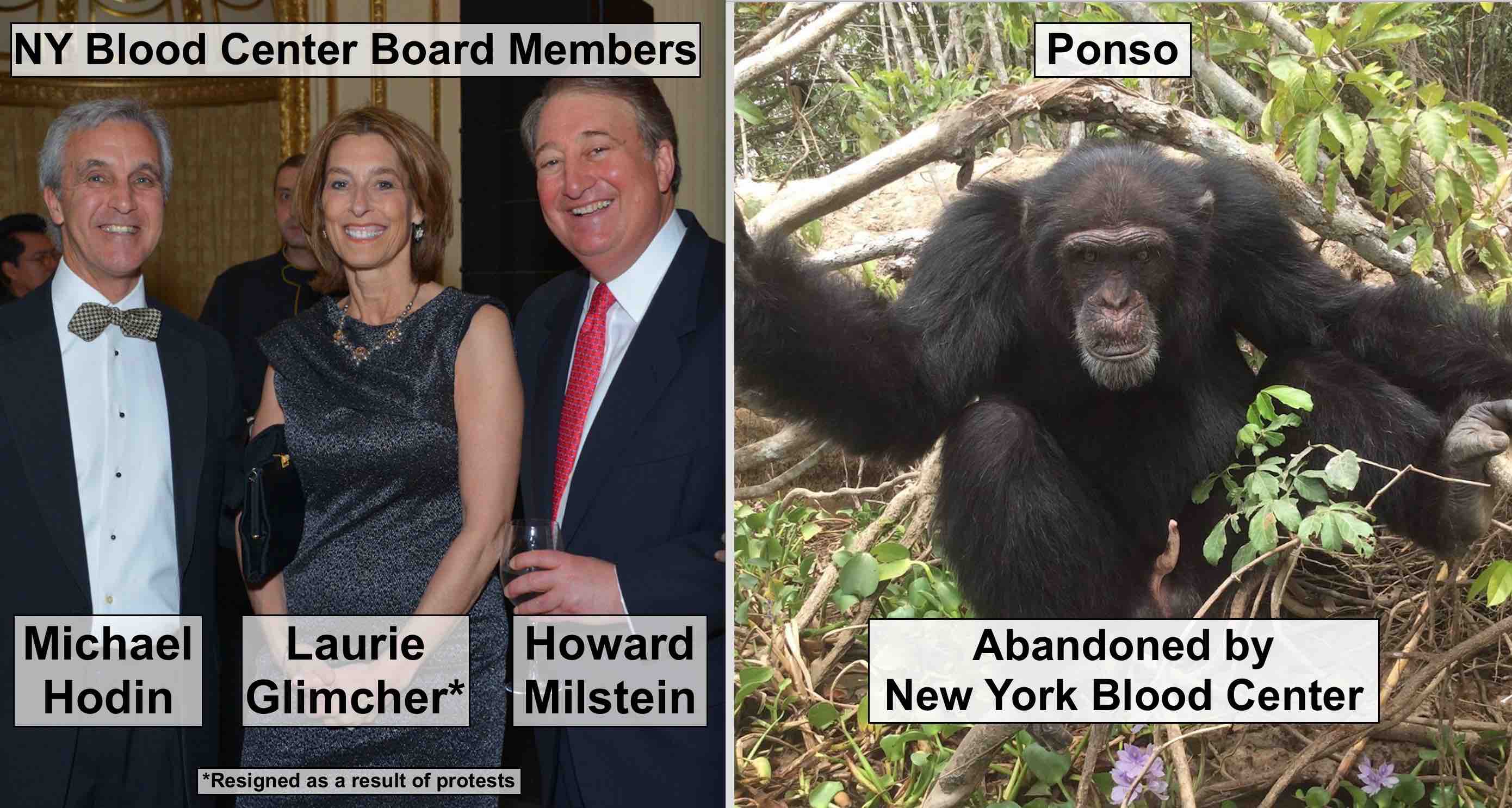
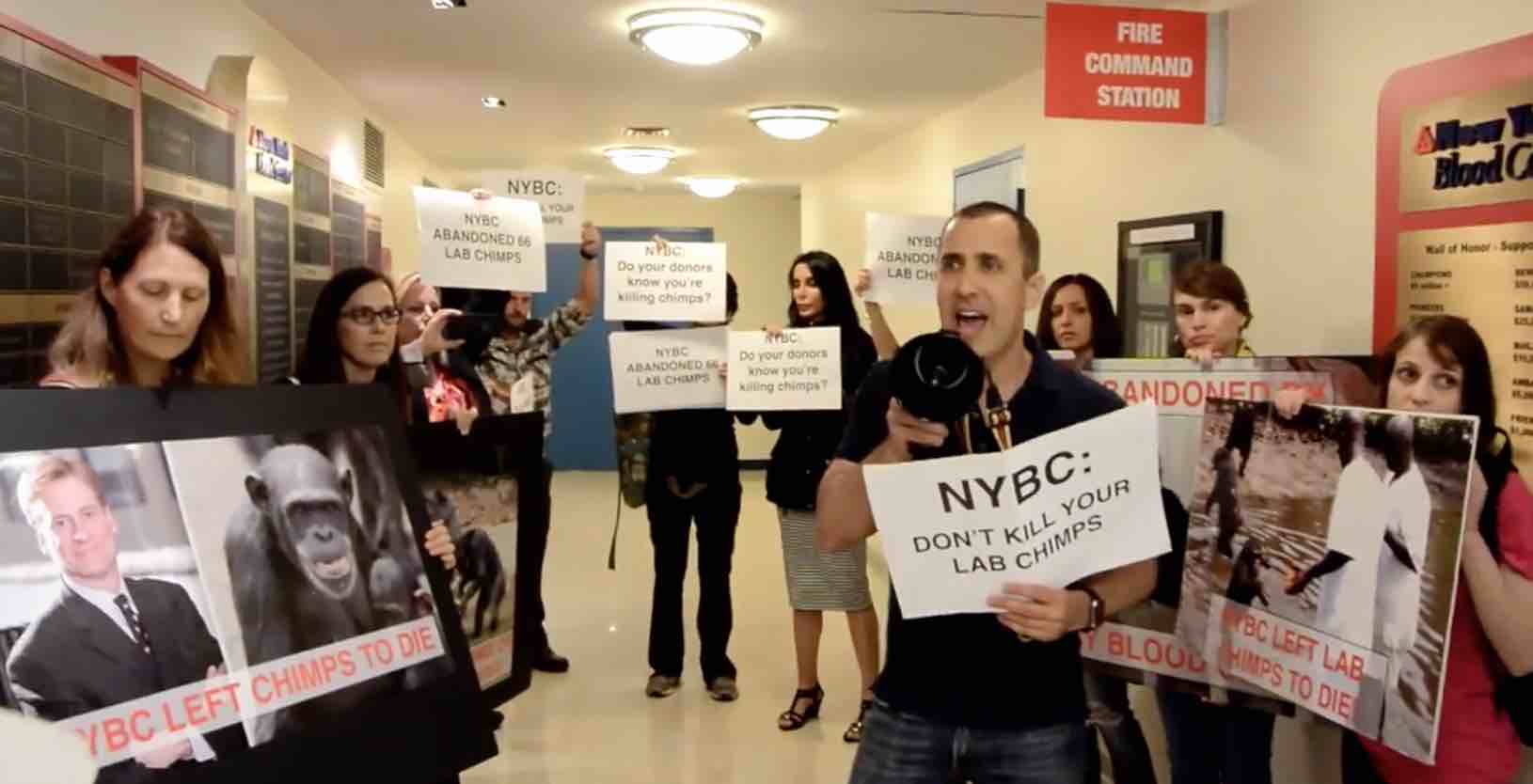
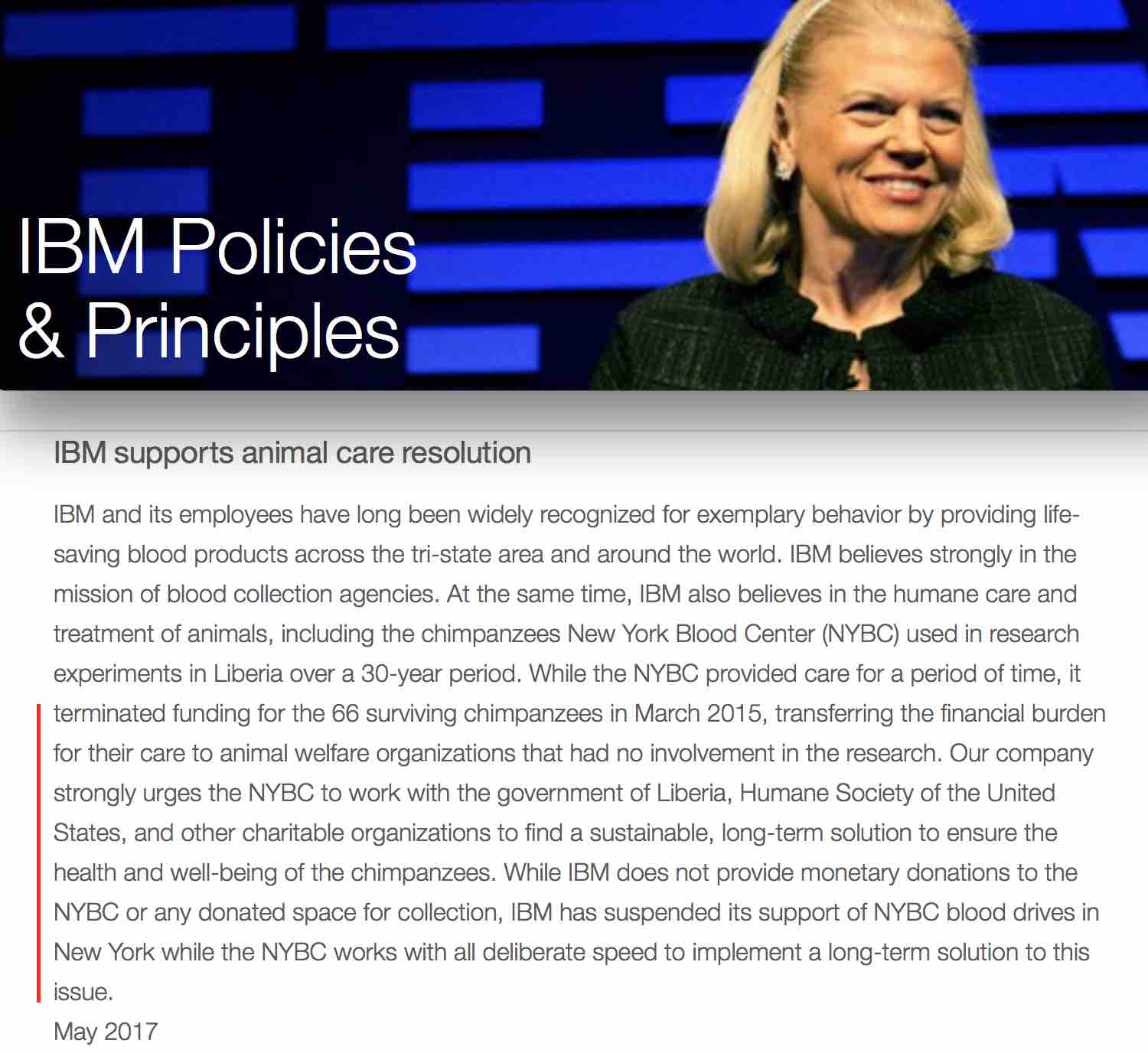
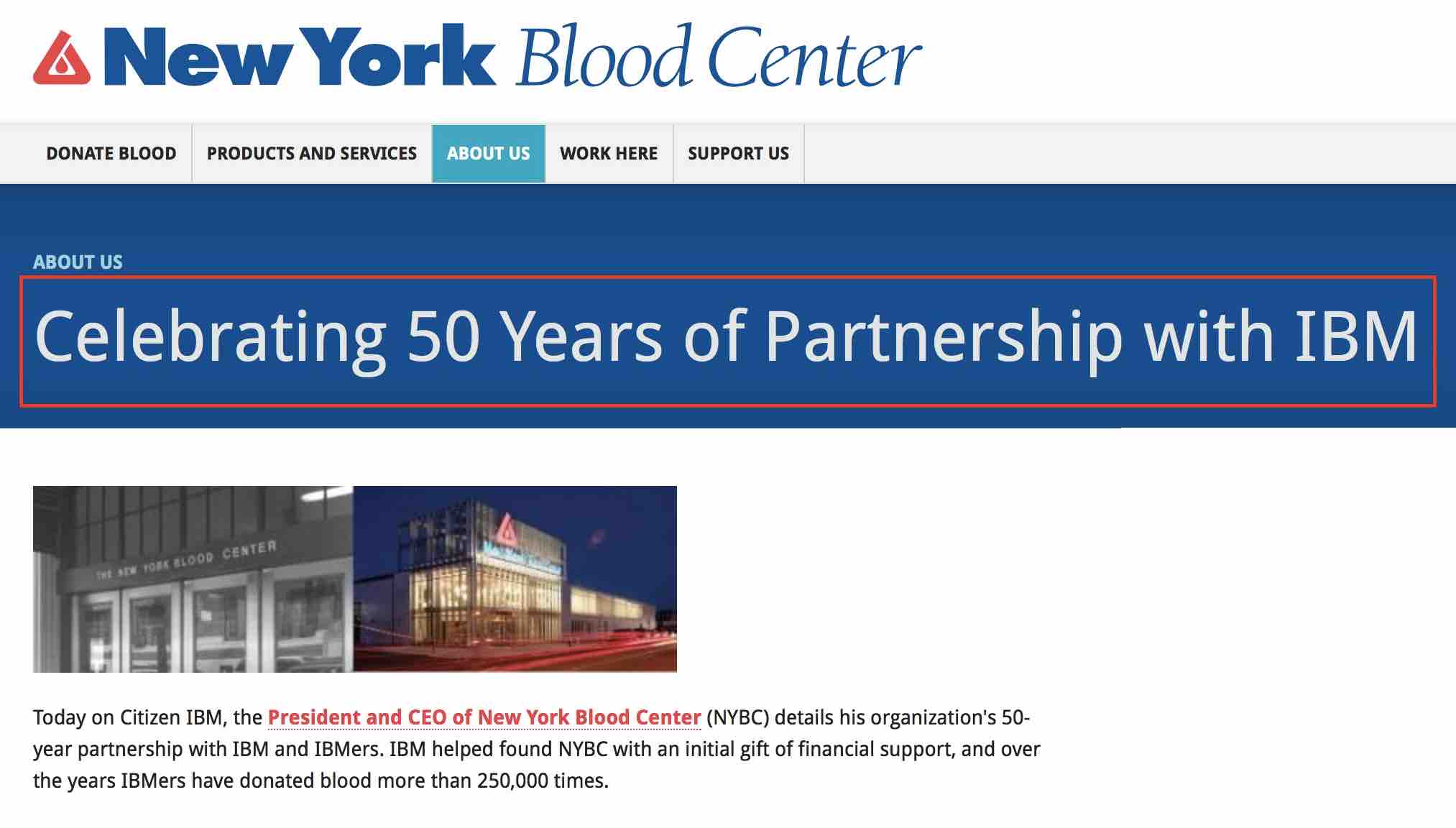
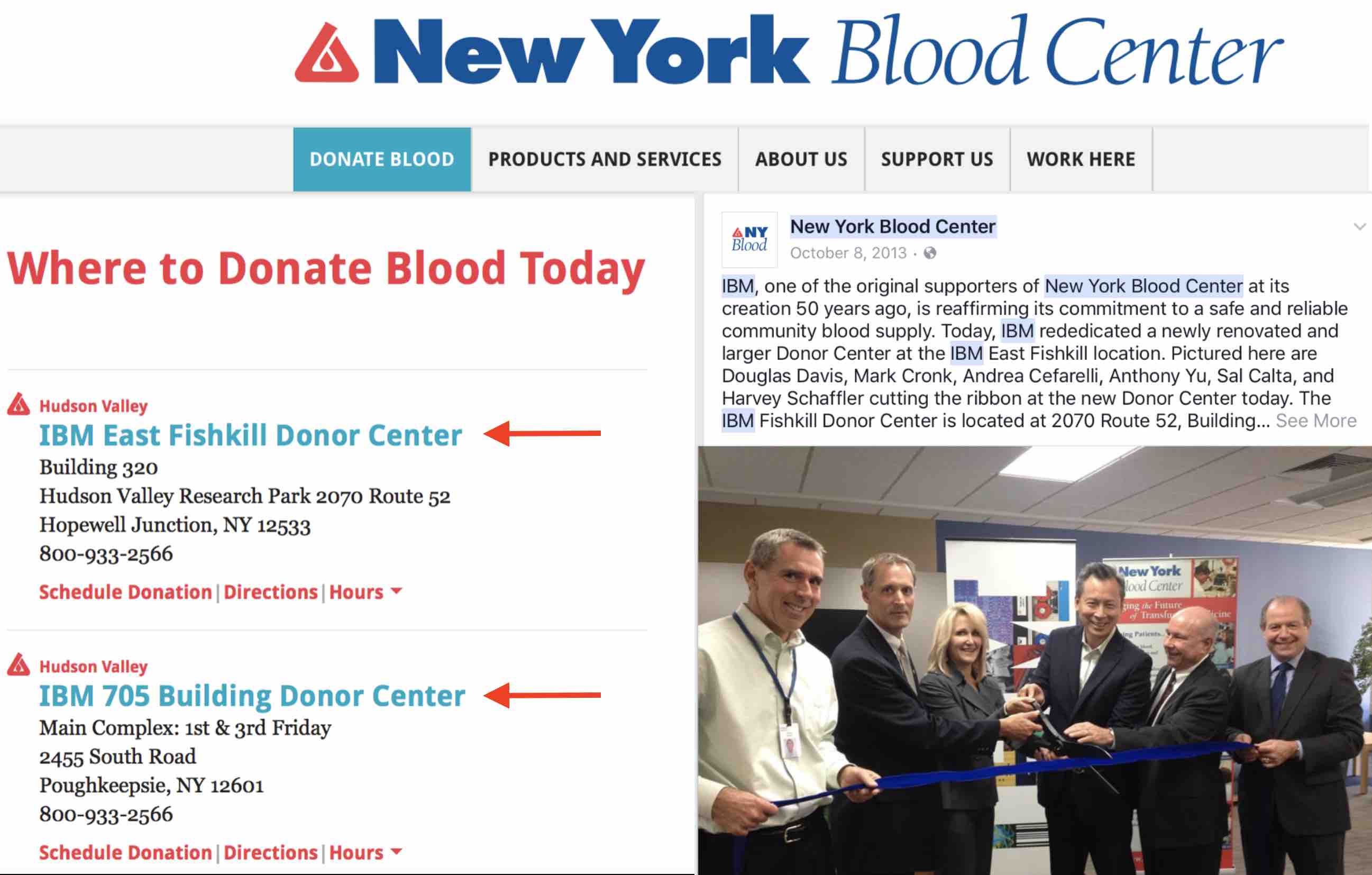

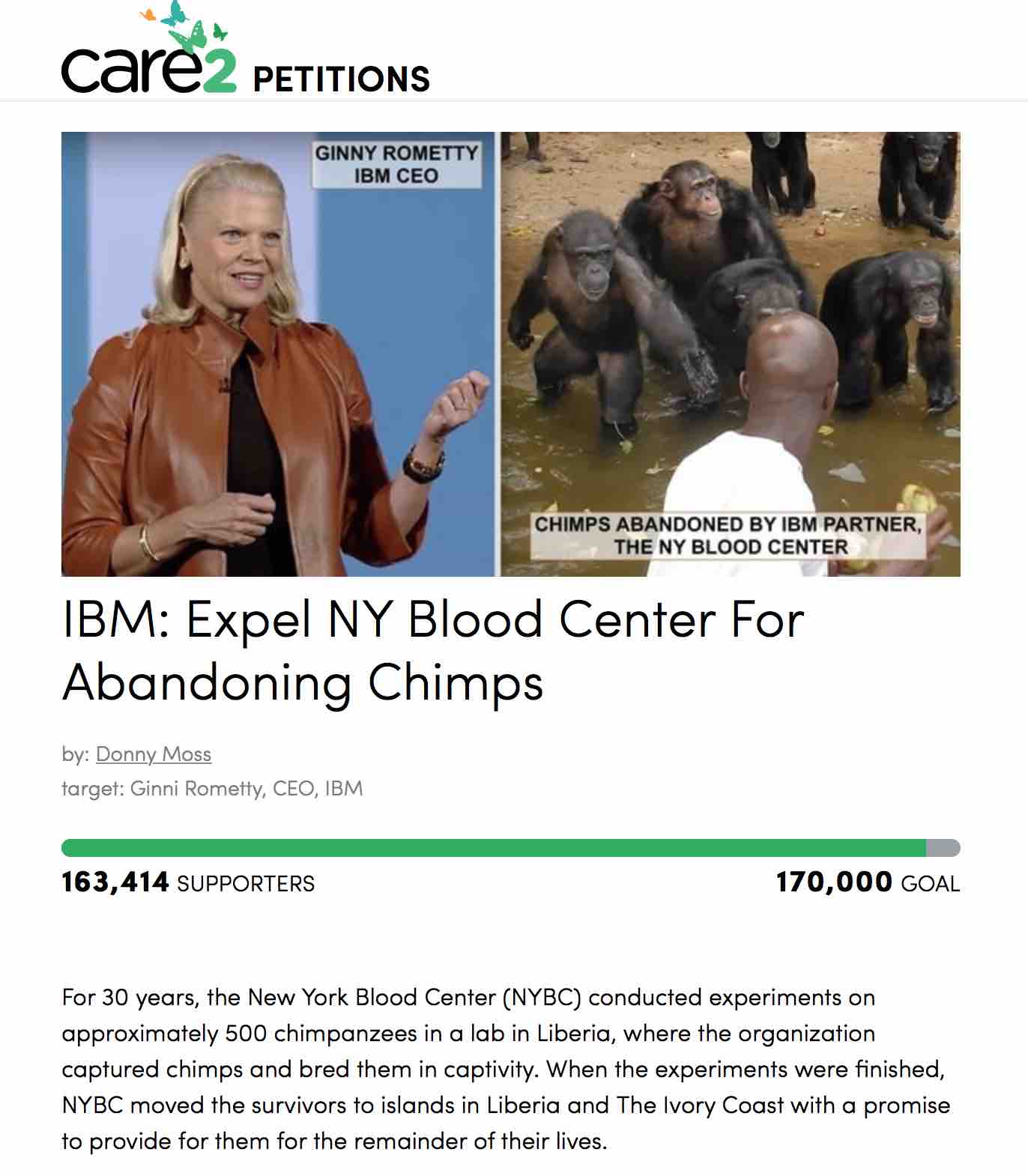
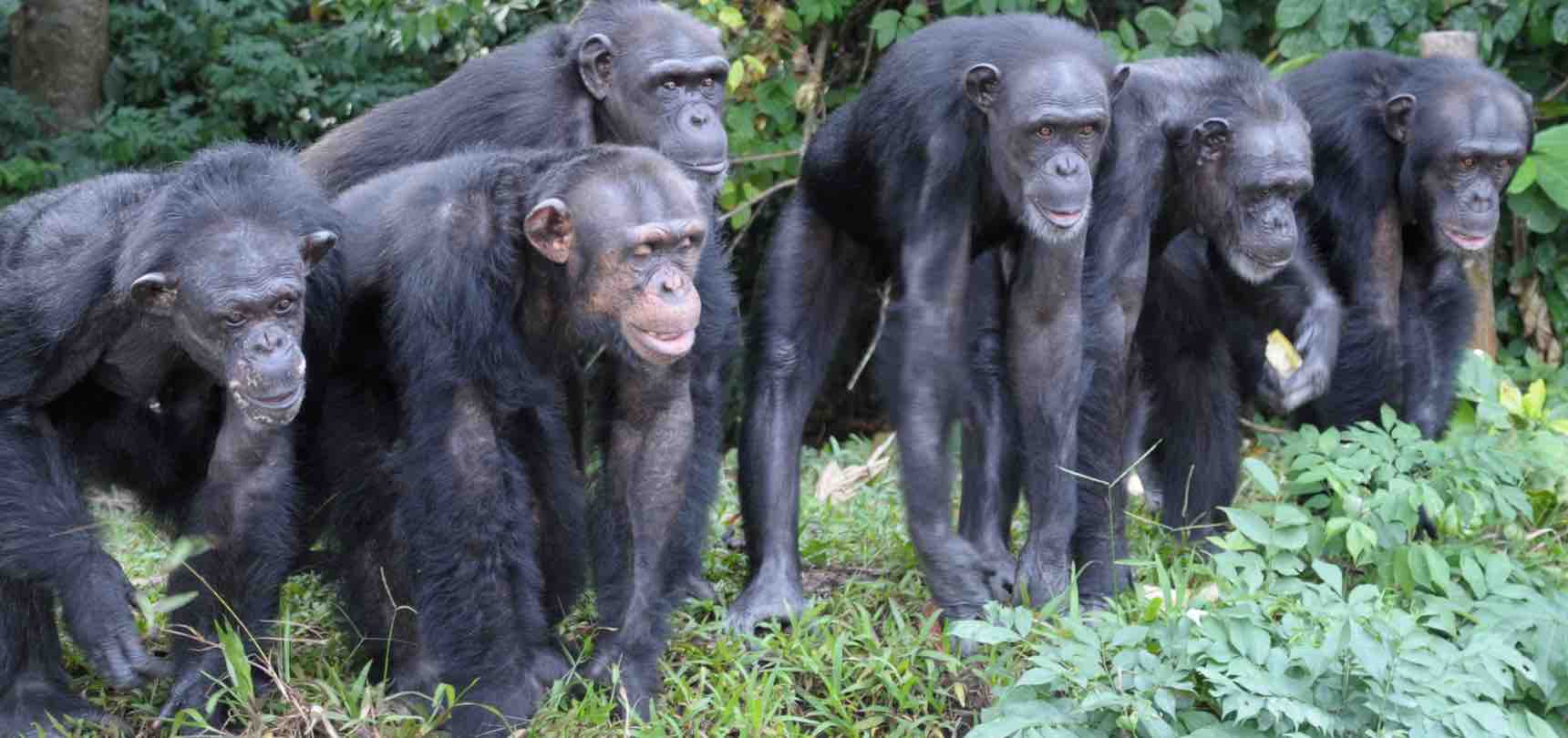
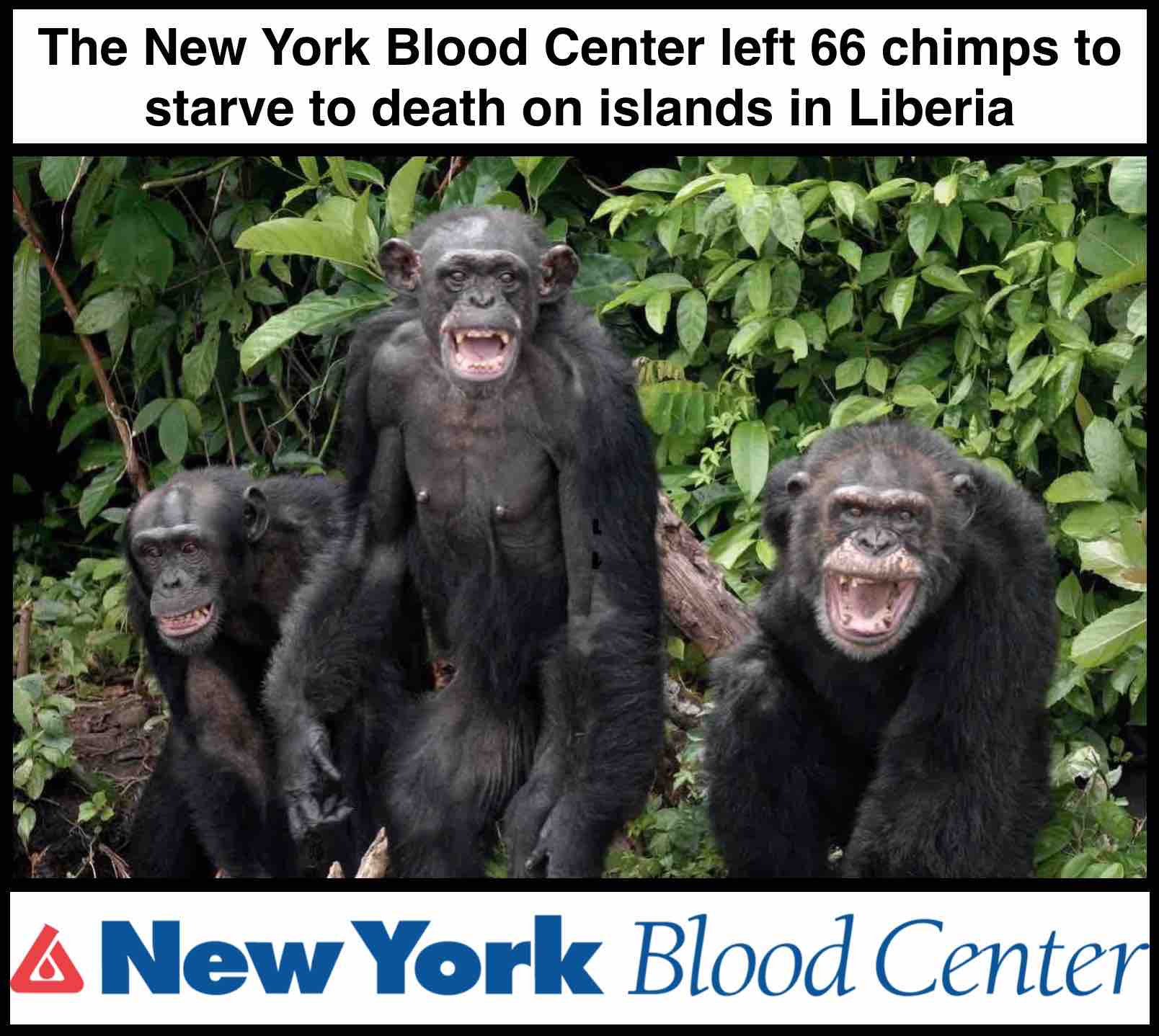
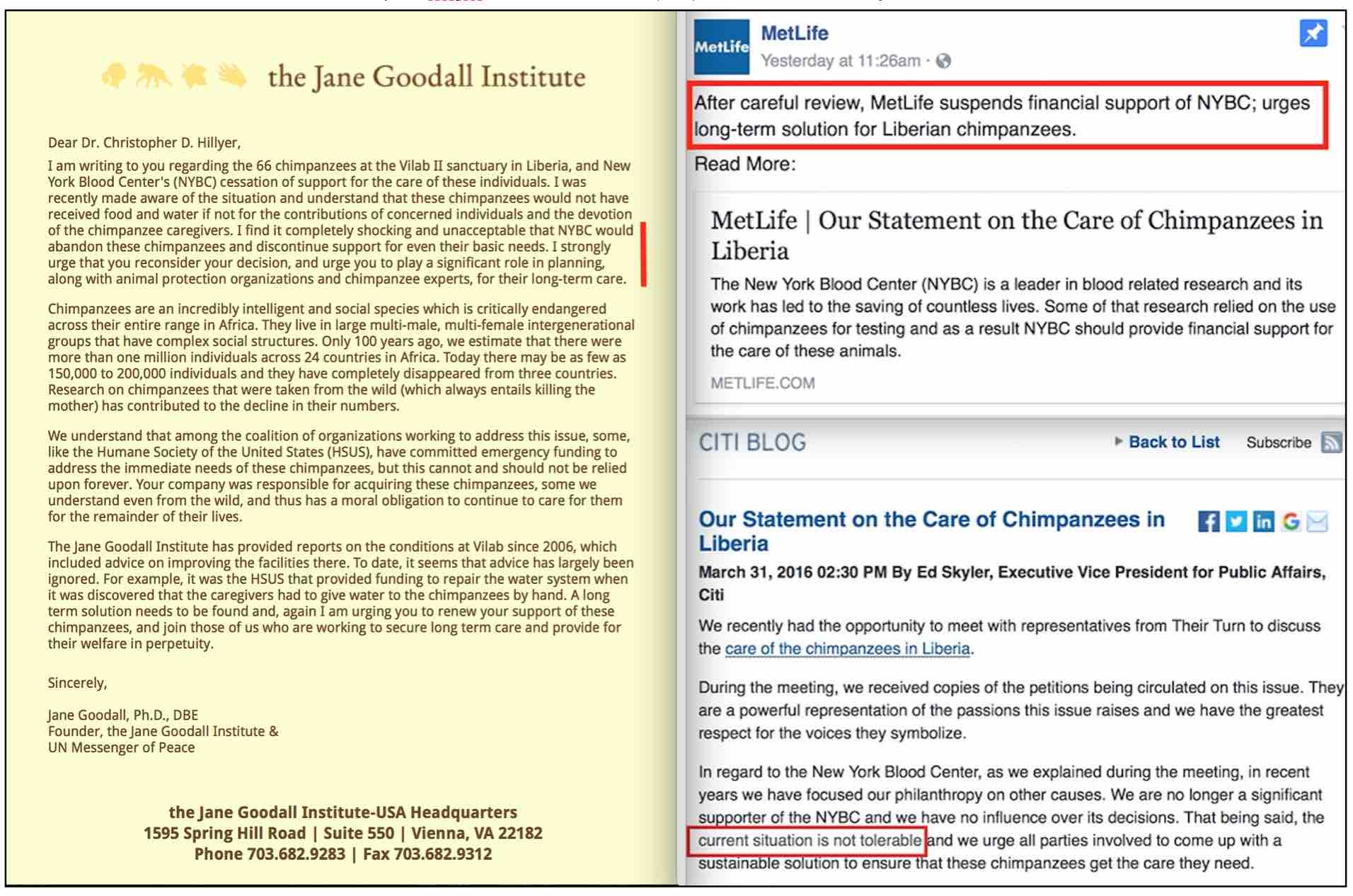

Follow Their Turn